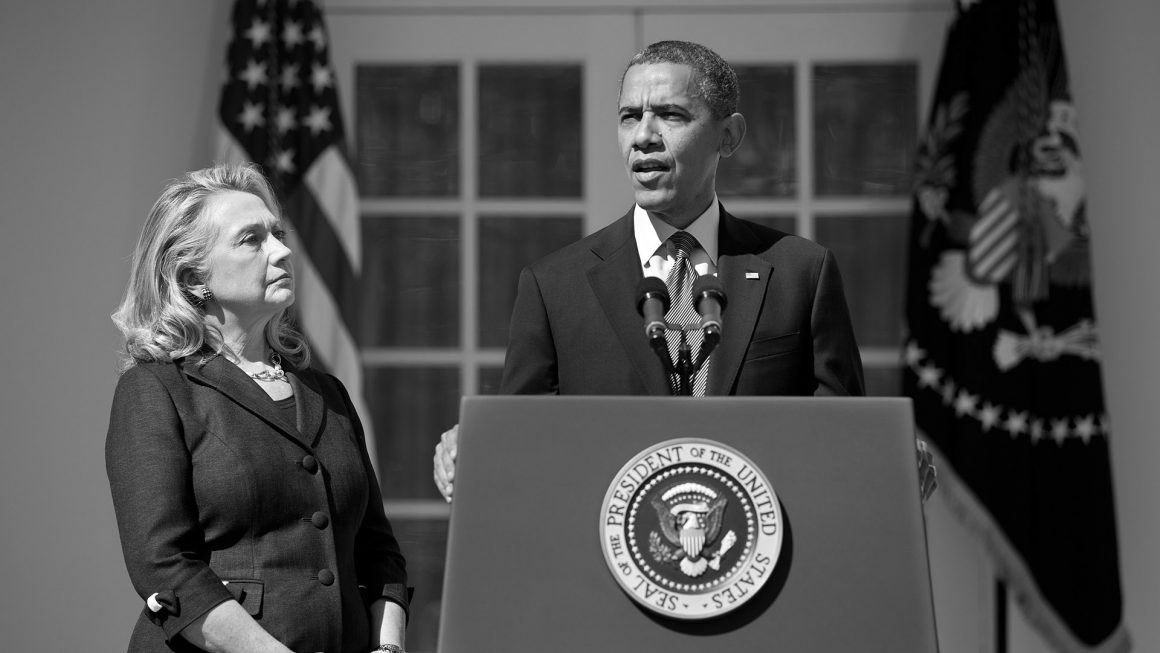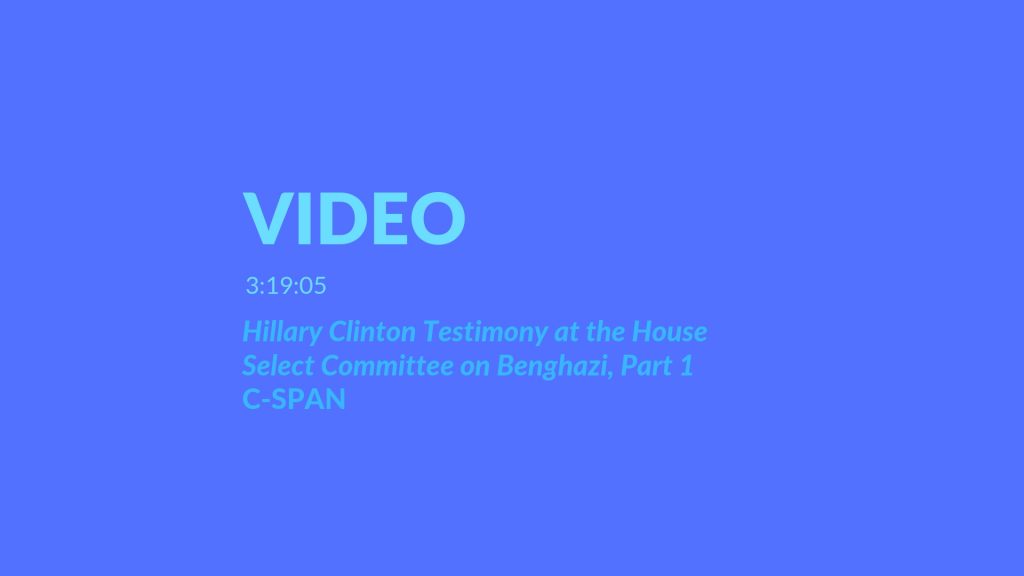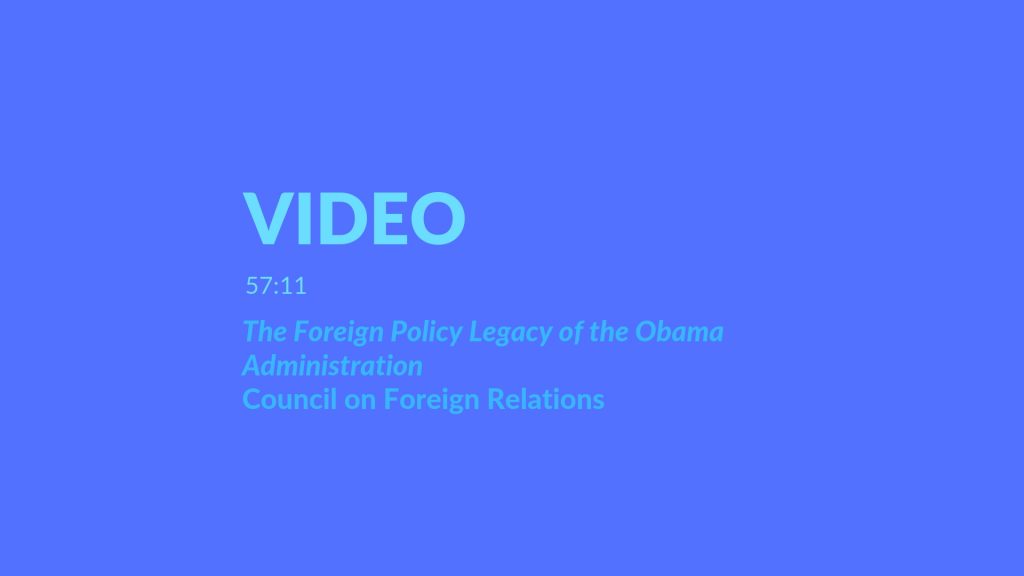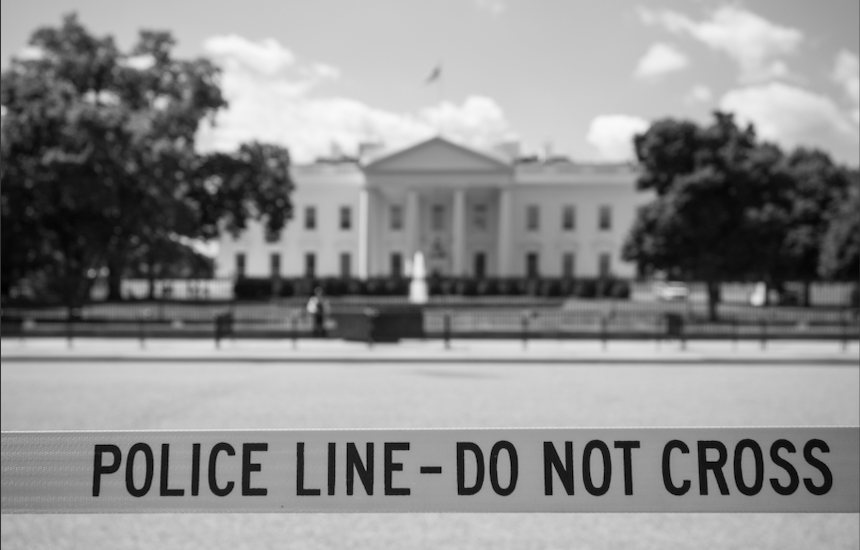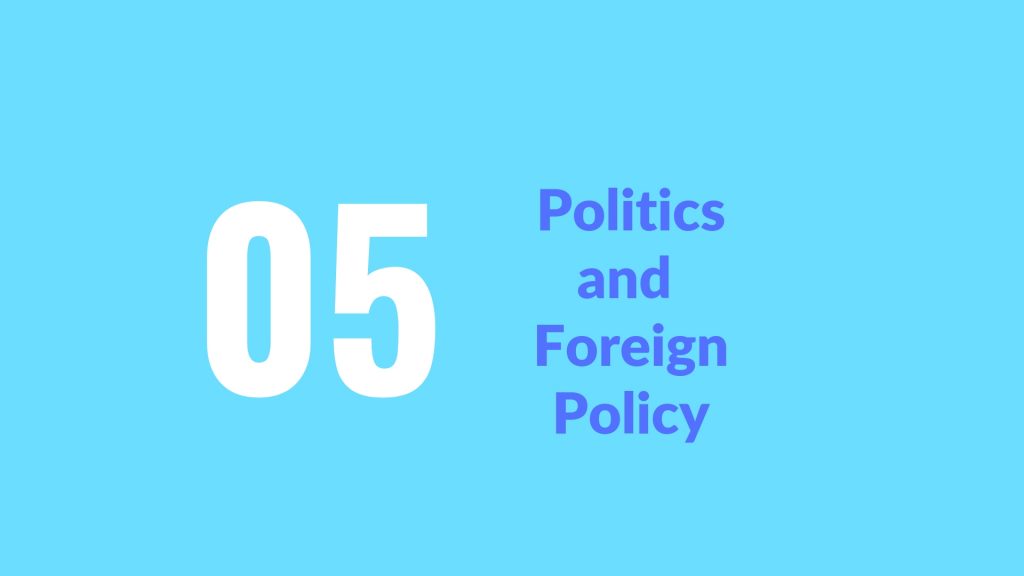
The fifth episode of ‘Benghazi Unraveled’ focuses on the investigation into Benghazi, Hillary Clinton’s role as Secretary of State and the effects of Benghazi on Foreign Policy.
After the events of Benghazi, the investigations by the American government focused on the presence, or lack of security during the attack, as well whether then Secretary of State Hillary Clinton denied security requests for the Benghazi compounds. To some experts, the investigations into Benghazi demonstrate an interest “in orienting solutions to the threat posed to U.S. missions around the world,” eventually leading to “strategies and solutions,” however to others, it presented a “gendered” coverage of the competence of Clinton (Weiner, 2016; Bachmann, 2016). To Ambassador Stevens’ family, the reports only concluded that “the U.S. compound in Benghazi was not secure” (Wright, 2016).
In the immediate aftermath, simultaneous developments in intelligence gathering and security assessments occurred across the legislature, White House, CIA and Department of State, making it difficult to determine the exact facts about the attack and its aftermath (Weiner, 2016). In pursuing a clearer narrative of events, there were several committees and nine investigations into Benghazi. Throughout the process, political “wrangling” overtook the conversation, especially around election seasons, accusing Clinton of a coverup to mislead the public and a lack of leadership and accountability in Washington (Weiner, 2016; Collins, 2015).
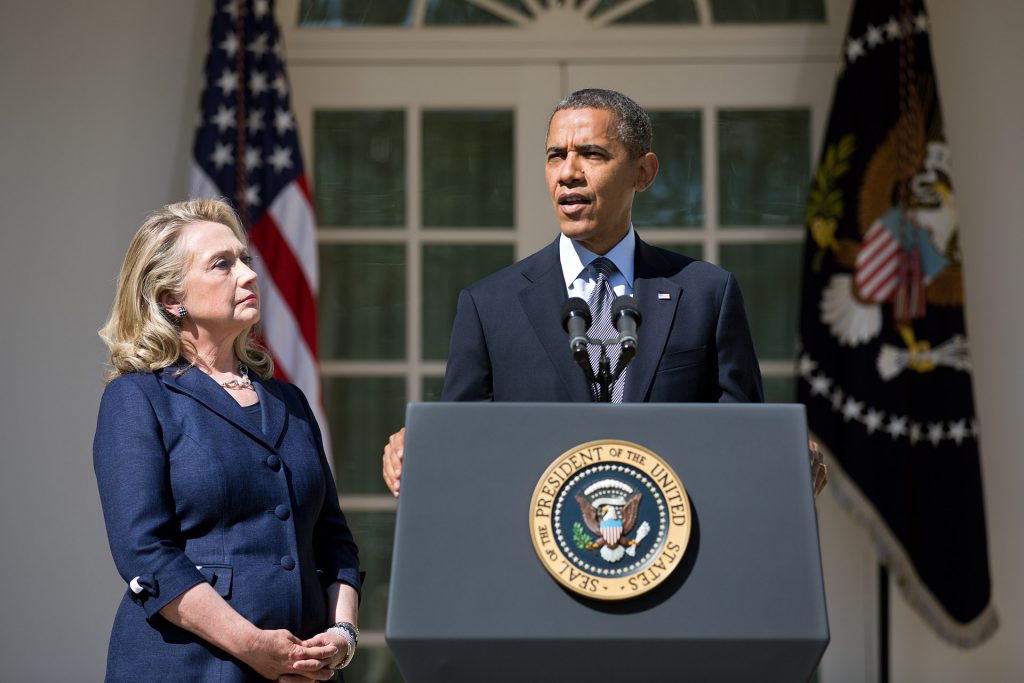
In Clinton’s testimony to the House Select Committee on Benghazi, completed after a previous two year long investigation into the Benghazi attacks, Republican and Democrat members opened by stating what they believed were the causes of a protracted investigation. In the testimony, Clinton backs her original points about the Benghazi attack, and also stated that “diplomats must operate in many places where our soldiers do not,” a statement which shows that there are differing causes for military or diplomatic interventions (“Hillary Clinton,” 2016). Clinton was investigated for an alleged “derelict[ion] of her duty” in the Benghazi attack with repeated questions about using a private email account to exchange information about Benghazi “security needs.” (Schmidt, 2015).
According to experts, there have been attacks on American diplomatic missions, in Tehran, Nairobi, Tanzania, Libya, Lebanon, and more from 2000 to 2015, and the focus on Benghazi is not just a political sticking point, but highlights threats to U.S. missions around the world and can lead to “strategies and solutions” (Weiner, 2016). To some, preventing Benghazi would have been possible with more “local security,” though to others it was the lack in the chain of command of a person on point for the mission’s security (Weiner, 2016; “Final Report,” 2016).
Though there are still criticisms that no person was held accountable, as Secretary of State, Clinton accepted the 29 security recommendations, some employees were “disciplined,” and “Eric Boswell, the assistant secretary of state for diplomatic security… resigned” (Ryan, 2012). As of 2017, one Libyan national has been convicted of terrorism charges for the attack (“Libyan Involved,” 2017).

Davidson, Amy S. “The Foreign Policy Legacy of the Obama Administration.” Council on Foreign Relations, 9 Sept. 2016, www.cfr.org/event/foreign-policy-legacy-obama-administration. Accessed 26 Apr. 2019.
“Hillary Clinton Testimony at House Select Committee on Benghazi.” C-SPAN: National Cable Satellite Corporation, 22 Oct. 2015, www.c-span.org/video/?328699-1/hillary-clinton-testimony-house-select-committee-benghazi-part-1. Accessed 15 Apr. 2019.

Bachmann, Ingrid et al. “Hillary Clinton’s Benghazi Hearing Coverage: Political Competence, Authenticity, and the Persistence of the Double Bind.” Women’s Studies in Communication, Taylor & Francis Online, vol. 39, no. 2, 13 Jun. 2016, pp. 193-210. doi.org/10.1080/07491409.2016.1171267. Accessed 23 Apr. 2019.
“Final Report of the Select Committee on the Events Surrounding the 2012 Terrorist Attack on Benghazi.” United States House Select Committee on Benghazi, 7 Dec. 2016, www.congress.gov/114/crpt/hrpt848/CRPT-114hrpt848.pdf. Accessed 20 Apr. 2019.
“Hillary Clinton Testimony at House Select Committee on Benghazi.” C-SPAN: National Cable Satellite Corporation, 22 Oct. 2015, www.c-span.org/video/?328699-1/hillary-clinton-testimony-house-select-committee-benghazi-part-1. Accessed 15 Apr. 2019.
Lawrence, Jackson. “President Obama and Secretary of State Hillary Clinton in the Rose Garden.” Official White House Photo, The White House, 12 Sept. 2012. obamawhitehouse.archives.gov/blog/2012/09/12/president-obama-discusses-attack-benghazi-libya. Accessed 21 Apr. 2019.
“Libyan Involved in Benghazi Attack Convicted of Terrorism Charges.” All Things Considered. National Public Radio, 23 Nov. 2017. www.npr.org/2017/11/28/567065558/libyan-involved-in-benghazi-attack-convicted-of-terrorism-charges-but-acquitted. Accessed 23 Apr. 2019.
Ryan, Erica. “Chronology: The Benghazi Attack and the Fallout,” National Public Radio. 19 Dec. 2012,
https://www.npr.org/2012/11/30/166243318/chronology-the-benghazi-attack-and-the-fallout. Accessed 20 Apr. 2019.
Schmidt, Michael S. and Shear, Michael D. “Benghazi Panel Engages Clinton in Tense Session.” The New York Times, 22 Oct. 2015,
https://www.nytimes.com/2015/10/23/us/politics/hillary-clinton-benghazi-committee.html. Accessed 20 Apr. 2019.
Weiner, Justus Reid. “The War on American Diplomacy: Isis, Al-Qaeda, and Taliban’s Sustained Attacks on Peaceful U.S. Missions Abroad.” Cardozo Journal of Conflict Resolution, vol. 17, no. 2, Jan. 2016, pp. 487–520. EBSCOhost, search.ebscohost.com/login.aspx?direct=true&AuthType=ip,shib&db=lgs&AN=112669865&site=eds-live&scope=site&custid=asc1. Accessed 23 Apr. 2019.
Wright, Robin. “Chris Stevens’s Family: Don’t Blame Hillary Clinton for Benghazi.” The New Yorker, Condé Nast, 28 June 2016. www.newyorker.com/news/news-desk/chris-stevenss-family-dont-blame-hillary-clinton-for-benghazi. Accessed 20 Apr. 2019.

